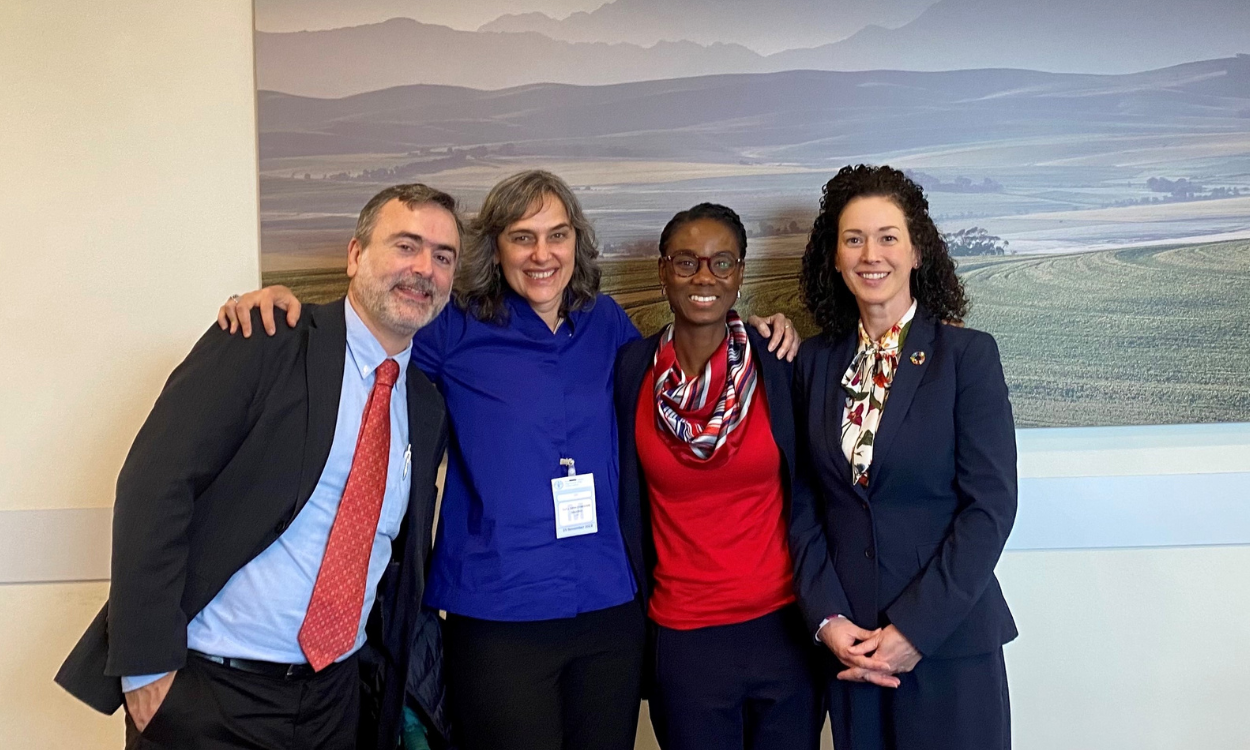SEED FUNDING JOINT PROGRAMMES
Jordan
Transforming Jordan's Agri-food System towards greater sustainability and resilience



PROJECT TITLE | Transforming Jordan's Agri-food System towards greater sustainability and resilience |
| Context | Since 2021, Jordan has placed food security and system at the forefront of its developmental goals with the adoption of the National Food Security Strategy (NFSS) for 2021–2030. The NFSS envisions access to safe, affordable, and nutritious food for all by 2030. The 2022-2024 National Food Security Action Plan for the implementation of the NFSS prioritizes food availability, improved access to and better utilization of food, and strengthening governance mechanisms. |
| PUNOs | FAO, UNIDO |
| Contribution to SDGs | SDG 2 Zero Hunger, SDG 8 Decent Work and Economic Growth |
| Contribution to other SDG transitions | Decent Jobs and Universal Social Protection |
| Duration | September 2024 – August 2025 |
| Expected financial leverage | USD 30,000 – co-financing from FAO, UNDO, MoA |
| Alignment with SG Call to Action | Policy integration; Food systems governance; Research, data, technology and innovation; Inclusive and participatory design; Private sector engagement; Financing |
| Outcomes | The JP strengthens the government’s capacity to identify and implement strategic programs that deliver positive outcomes across multiple dimensions of food systems, including production, post-harvest, processing and distribution. The JP emphasizes the inclusion of refugees, women and youth in food systems. |
| Partners |
|
| Outputs |
|
The Hub partners with CARE for food systems transformations
The UN Food Systems Coordination Hub met with CARE leadership to discuss partnership opportunities to support national pathways implementation.

Left to right: Mr Juan Echanove, Associate Vice President, Food and Water Systems at CARE, Ms Sofía Sprechmann Sineiro, Secretary General at CARE International, Ms Sylvia Lopez-Ekra, Deputy Director of the UN Food Systems Coordination Hub, Ms Christine Campeau, Global Advocacy Director at CARE.
Developing strong partnerships for food systems transformations is a key part of our work at the UN Food Systems Coordination Hub.
On 25 November 2022, the Hub met with leadership from CARE to explore ways of collaboration to support implementation of national food system transformation pathways. CARE was extremely active during the UN Food Systems Summit preparations, serving as the lead for Action Track 4 – Advancing Equitable Livelihoods – which focused on “the elimination of poverty by promoting full and productive employment and decent work for all actors along the food value chain, reducing risks for the world’s poorest, enabling entrepreneurship and addressing the inequitable access to resources and distribution of value.”
Discussions focused on the strong value addition that CARE can provide as it is present in 100 countries working with civil society, grassroots organizations, farmers and communities to address health, nutrition and gender issues within the Food Systems Transformation agenda. Together, we explored opportunities to support on-the-ground work in countries to accelerate the implementation of national pathways.
CARE leads the human rights-based Decent Work and Living Income and Wages Coalition jointly with IFAD and ILO, and is a member of the Coalition of Action on Healthy Diets from Sustainable Food Systems, the Blue Aquatic Foods Coalition, Fighting Food Crises along the HDP Nexus Coalition, and Making Food Systems Work for Women and Girls.
The Hub and CARE leadership agreed to regularly touch base and both look forward to continuing to strengthen and leverage collaboration to help countries overcome inequalities in their food systems.
